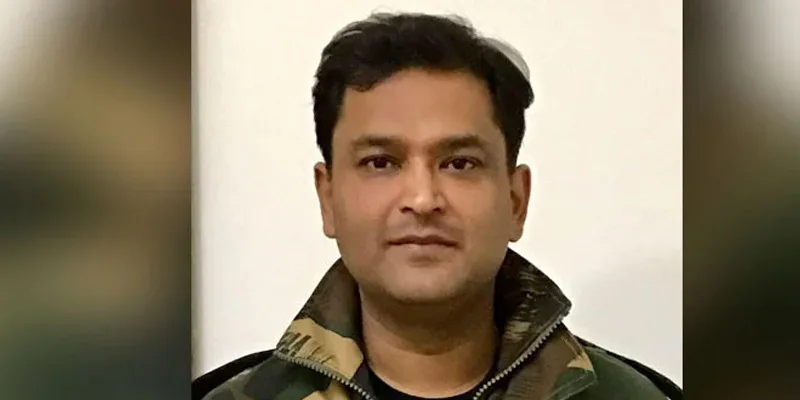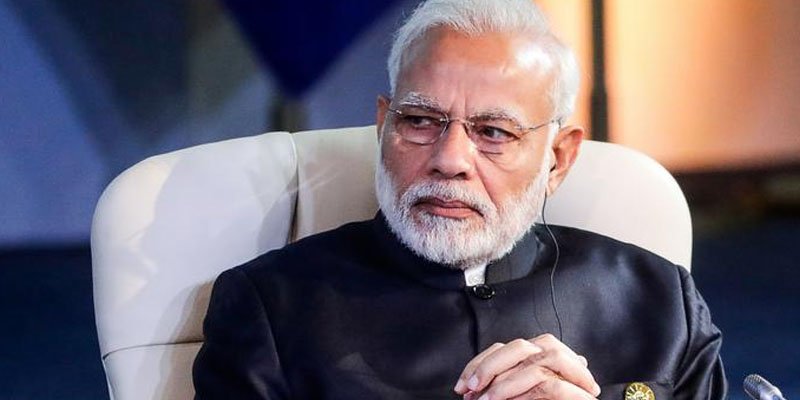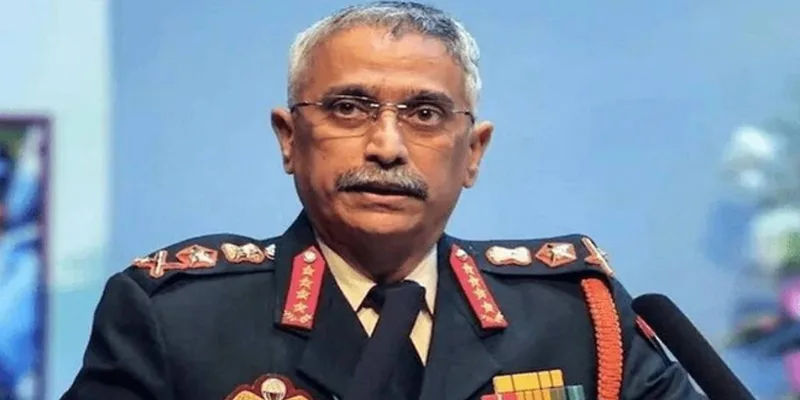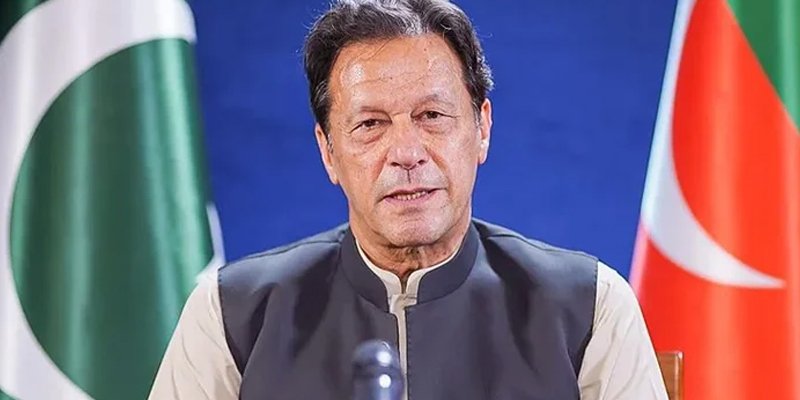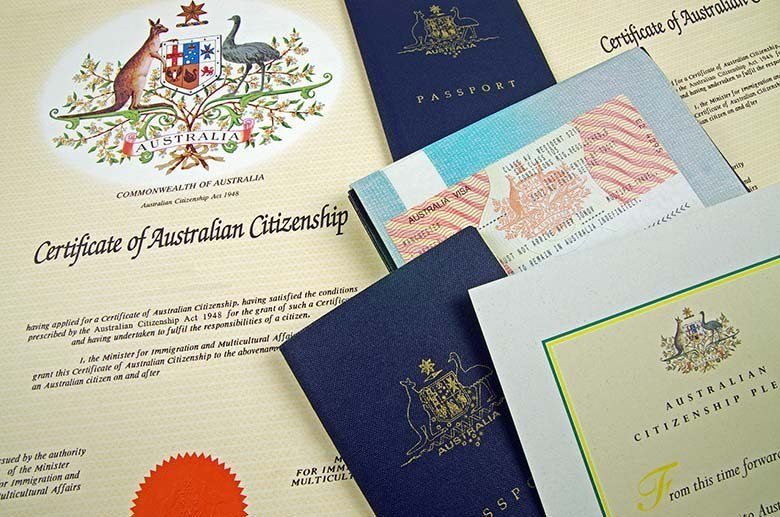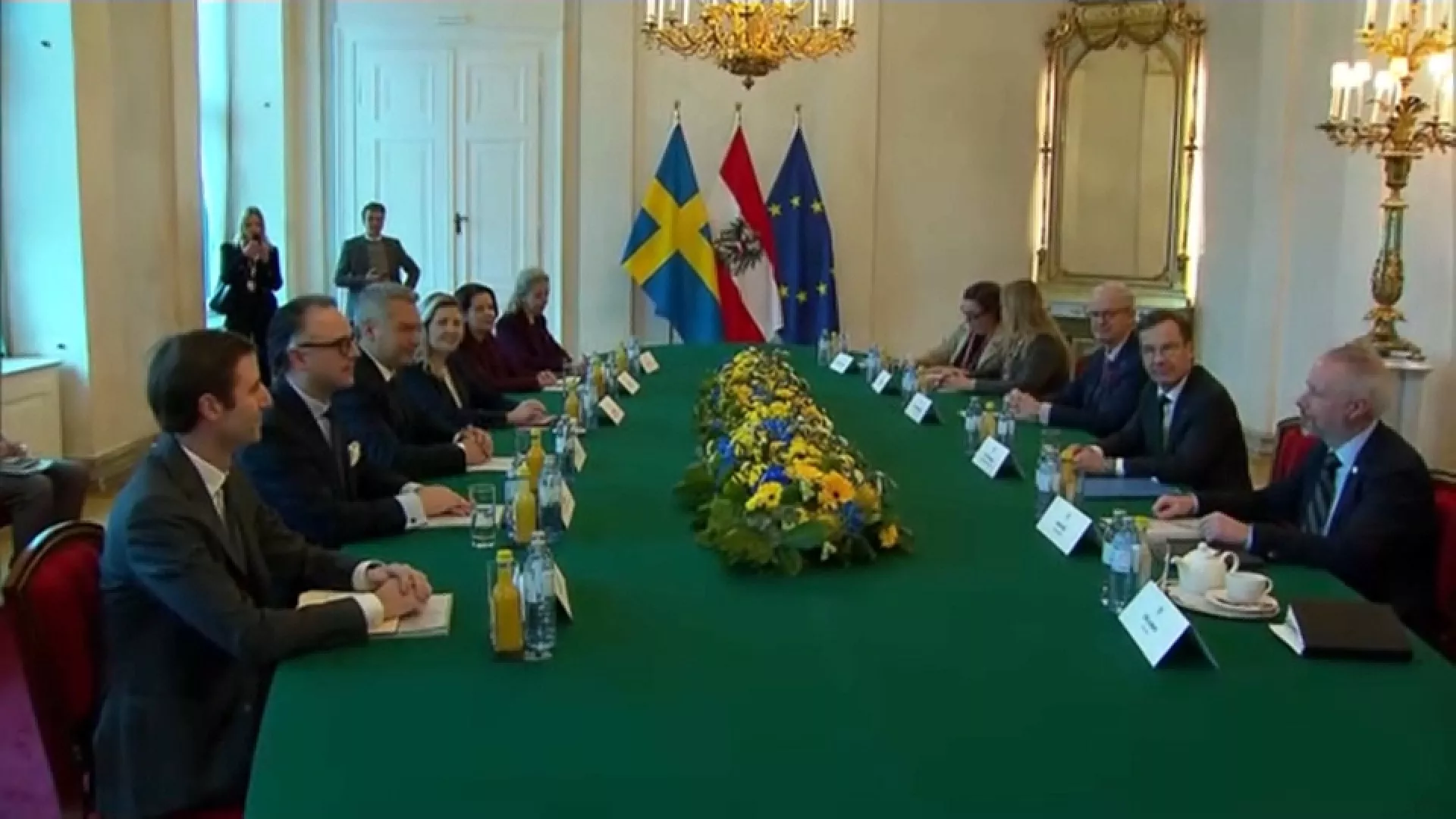
On January 1, 1995, Austria, Sweden, and Finland became official members of the European Union, bringing the total number of member states to 15. This enlargement occurred after these countries sought EU membership during an economic downturn in the 1980s, hoping to benefit from access to the EU’s single market. Although historically neutral during the Cold War, by the mid-1990s, Austria, Sweden, and Finland no longer aligned themselves with the East, marking a shift in their foreign policies.
At the time of accession, public opinion in these countries was mixed and often skeptical of EU integration. Austria, Finland, Norway, and Sweden were focused on protecting their economic systems, particularly the Nordic model, which led to tough negotiations on various issues such as agriculture, regional aid, budget matters, and fishing quotas.
Reflecting their democratic traditions, these countries held referendums on EU membership. The results were largely in line with expectations: Finland and Austria showed strong support, Sweden had a narrow positive result, while Norway voted against joining the EU.
To commemorate the milestone, Austrian Chancellor Karl Nehammer welcomed Swedish Prime Minister Ulf Kristersson to Vienna for an official visit on Thursday. Kristersson was greeted with military honors, followed by discussions at the chancellery. The visit also included attending the famous New Year’s Concert.
The leaders focused on migration policies, with Sweden tightening its asylum rules under Kristersson’s conservative government. They both expressed a commitment to enhancing EU border security and improving the processes for returning migrants whose asylum applications are rejected. The two leaders plan to advocate for these changes within the EU Commission.
“We are partners in combating illegal migration. Sweden is a trusted and essential ally in this effort,” Nehammer said. Kristersson emphasized the need for action, stating, “Both the Chancellor and I want to think creatively and tackle these challenges head-on. We know the issues are complex, but that’s no reason not to resolve them rather than just talk about them.”










